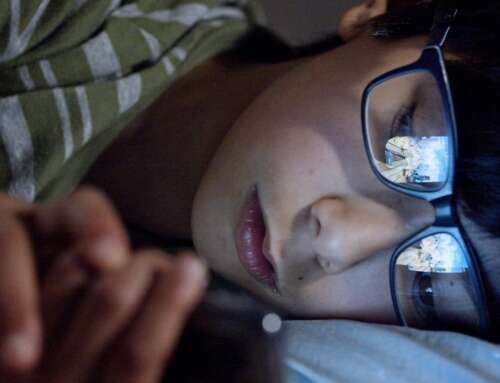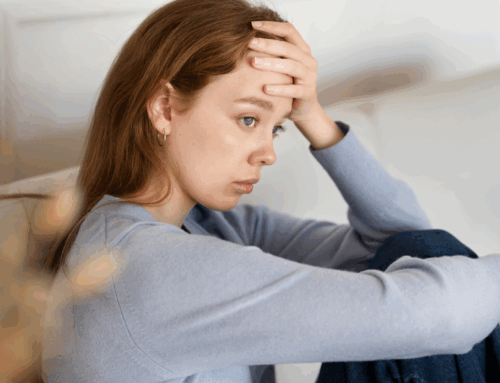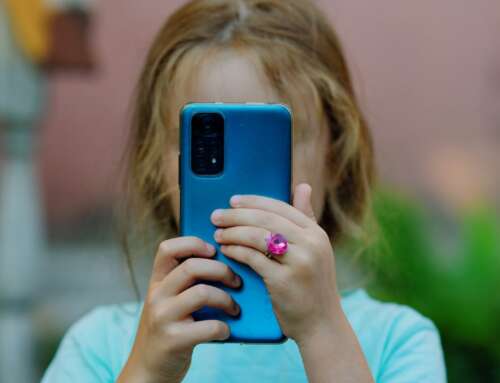Dating apps have taken the world by storm, but has the trend for swiping right or left to like or reject potential matches contributed to many people’s unhappiness and low self-esteem?
Following the end of her last relationship, Kirsty Finlayson, 28, did what many people do – she turned to dating apps to find love.
But the incessant swiping and the stream of small-talk conversations that soon fizzle out left her feeling dejected.
“Dating apps have definitely increased my anxiety,” admits Kirsty, a solicitor who lives in London.
“It fuels the idea of a disposable society where people can match, date once, and not give it much effort,” she says.
“I find it difficult to distinguish between those who are just using it as a way of passing time on their commute or ego-boosting and those who actually are looking for something serious.”
Kirsty says she tried dating apps Bumble, Tinder and happn but is now focusing her energy on Hinge – strapline “thoughtful dating for thoughtful people” – which is known for its slower approach to dating. It eliminates the swiping and encourages users to answer a series of ice-breaker style questions on their profiles.
She spends about 30 minutes a day on the app, but admits it’s “time that I could spend doing something I enjoy which is better for my mental health”.
Despite the huge popularity of dating apps – and the millions of success stories worldwide – many users report that some apps make them feel low and experience self doubt.
Thirty-one-year-old Daniel from Kent has been using Scruff, a dating app for gay men, since becoming single four years ago.
He believes the apps can lead to “body confidence problems because you are continually aware of your competition”.
“The biggest problem for me, which gets me down the most, is that you’re only connected because of what you see in a picture,” he says.
– Suzanne Bearne
Read More: Are ‘Swipe Left’ Dating Apps Bad for Our Mental Health?
Image by Fernando from Unsplash







Leave A Comment